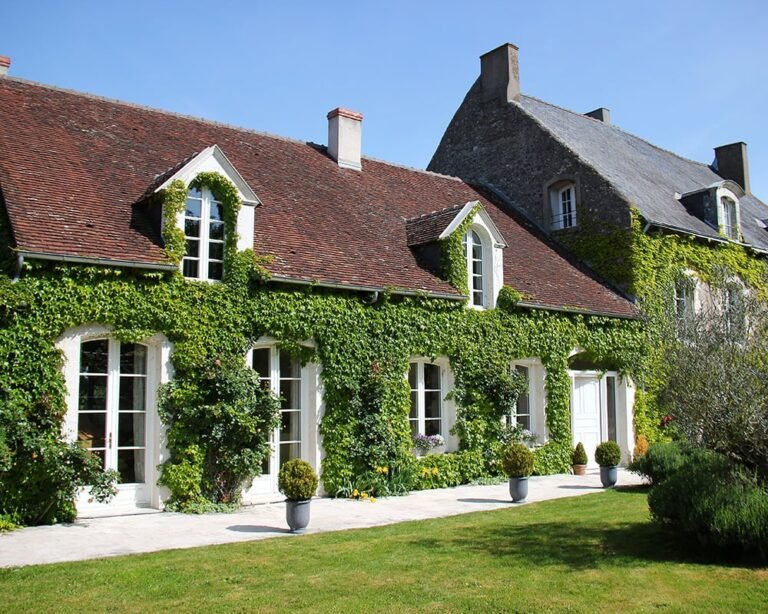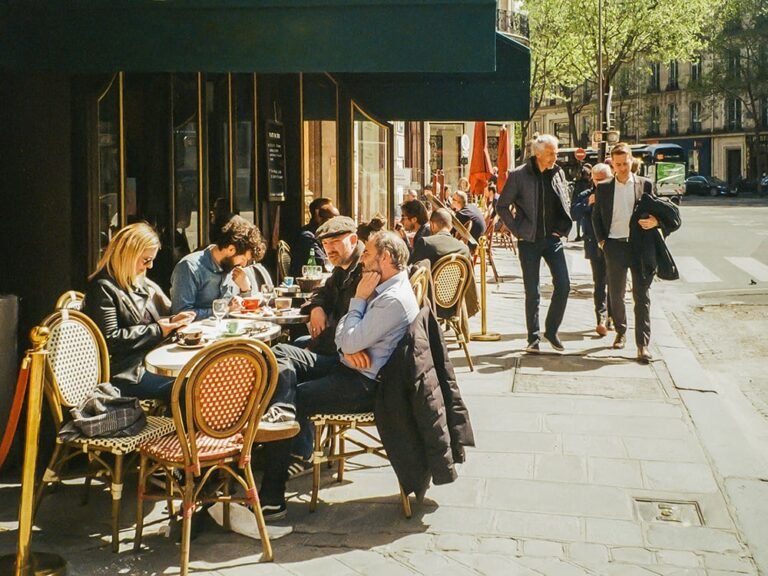faire grève
“Faire grève” or “faire la grève” is a French idiom that means “to strike,” or “to go on strike.” This is when workers purposely stop working in their attempt to achieve higher wages and/or better conditions from their employers.
The word “grève” in the expression comes from the word for gravel (gravier) which in turn came from the popular Latin word “grava” meaning the same thing. The edges of the banks of the River Seine were originally covered in sand, pebbles or gravel and were referred to as “la grève.”
In Paris, “grève” was the name for the area near the Town Hall (known as l’Hôtel de Ville in French) where unemployed workers would gather to seek day work like loading or unloading goods from barges that went up and down the River Seine. So while “faire la grève” now means “to go on strike,” it originally meant “to seek temporary work.”
The area where workers would gather on the banks of the Seine, near the Town Hall of Paris, was known at “La Place de La Grève.” It was the area for open air markets, as well as being the area where public executions were carried out, or where people were put in pillories for lesser crimes.
In 1830, the “Place de La Grève” was renamed “La Place de l’Hôtel de Ville” because it was right in front of the l’Hotel de Ville de Paris, the Paris Town Hall. In the photo that accompanies this article, you can see a carousel in the middle of the Place de l’Hôtel de Ville at night.






